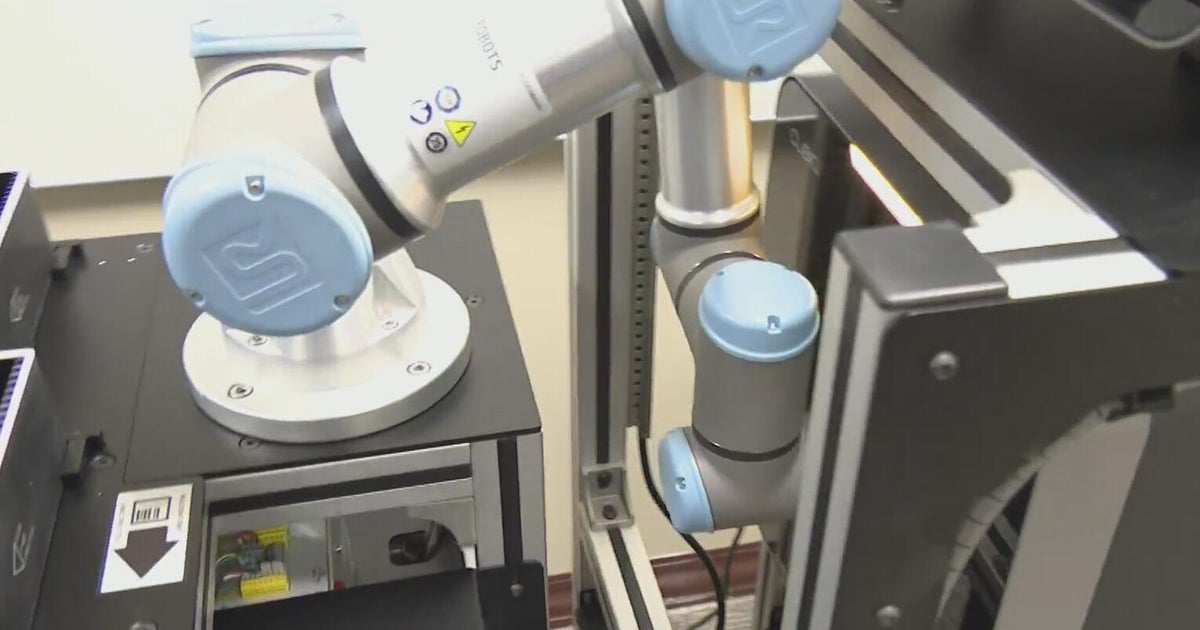Leidos and the University of Pittsburgh Partner to Enhance AI Applications in Medicine

Advancements in Artificial Intelligence in Medicine
New Partnership Announcement
The field of artificial intelligence (AI) is expanding rapidly, and its potential applications in medicine are becoming a focal point for research and development. Recently, the University of Pittsburgh and Leidos, a global defense, aviation, information technology, and biomedical research company, announced a significant partnership aimed at enhancing the use of AI in healthcare. As part of this collaboration, Leidos is committing $10 million to support the initiative.
Building on Existing Collaboration
This recent investment is not the first from Leidos; over the past two decades, the company has contributed $37 million to the University of Pittsburgh. This ongoing collaboration symbolizes nearly 20 years of work between the two organizations, which have a shared goal of improving medical care through technology. Liz Porter, the President of Leidos’ Health & Civil Sector, expressed enthusiasm about the existing foundation for their partnership, noting that they are not starting from scratch but rather are ready to build on prior work.
A Five-Year Commitment
The partnership, set to last for five years, aims to capitalize on the expertise of both organizations. The primary focus is on leveraging the capabilities of AI to enhance patient diagnosis and treatment. This could lead to quicker detection of diseases, such as cancer, which is crucial for effective medical intervention. Porter emphasized the importance of this collaboration in shaping the future of healthcare delivery.
Targeting Military Families and Veterans
One specific area of focus within this partnership is improving healthcare services for military families and veterans, particularly those living in rural areas. The goal is to provide smarter, more equitable medical care for these communities. The project aims to develop products that could significantly improve healthcare accessibility and quality for underserved populations.
Advancements in Digital Pathology
The investment also supports the ongoing development of the Digital Pathology Research Center at the University of Pittsburgh. This center is dedicated to using AI and digital technologies to enhance the accuracy and speed of pathology services. The aim is not only to improve healthcare locally but also to share these innovations globally. Through the use of AI, they aspire to deliver personalized healthcare to every patient who seeks treatment.
Cost-Effective Solutions
Implementing AI solutions in healthcare is believed to contribute to lowering overall costs for patients in the long term. One of the key advantages of integrating AI is its potential for workforce development, which can help healthcare professionals become more efficient and effective in their roles. By automating certain tasks and streamlining processes, healthcare systems can allocate resources more effectively.
Looking Ahead
As this partnership unfolds, both the University of Pittsburgh and Leidos are optimistic about the future of their collaboration. They are eager to explore the potential applications of AI in medicine and anticipate delivering tangible outcomes in the near future. Porter encouraged stakeholders to stay engaged, hinting that there is a lot more innovation and development on the horizon.
Through this partnership and the implementation of AI technologies, there exists a promising opportunity to revolutionize medical care. The focus on equitable and advanced healthcare solutions signifies a significant step forward in the intersection of technology and medicine. As the landscape continues to evolve, ongoing research and collaboration will play a crucial role in shaping the future of healthcare services for diverse populations.






